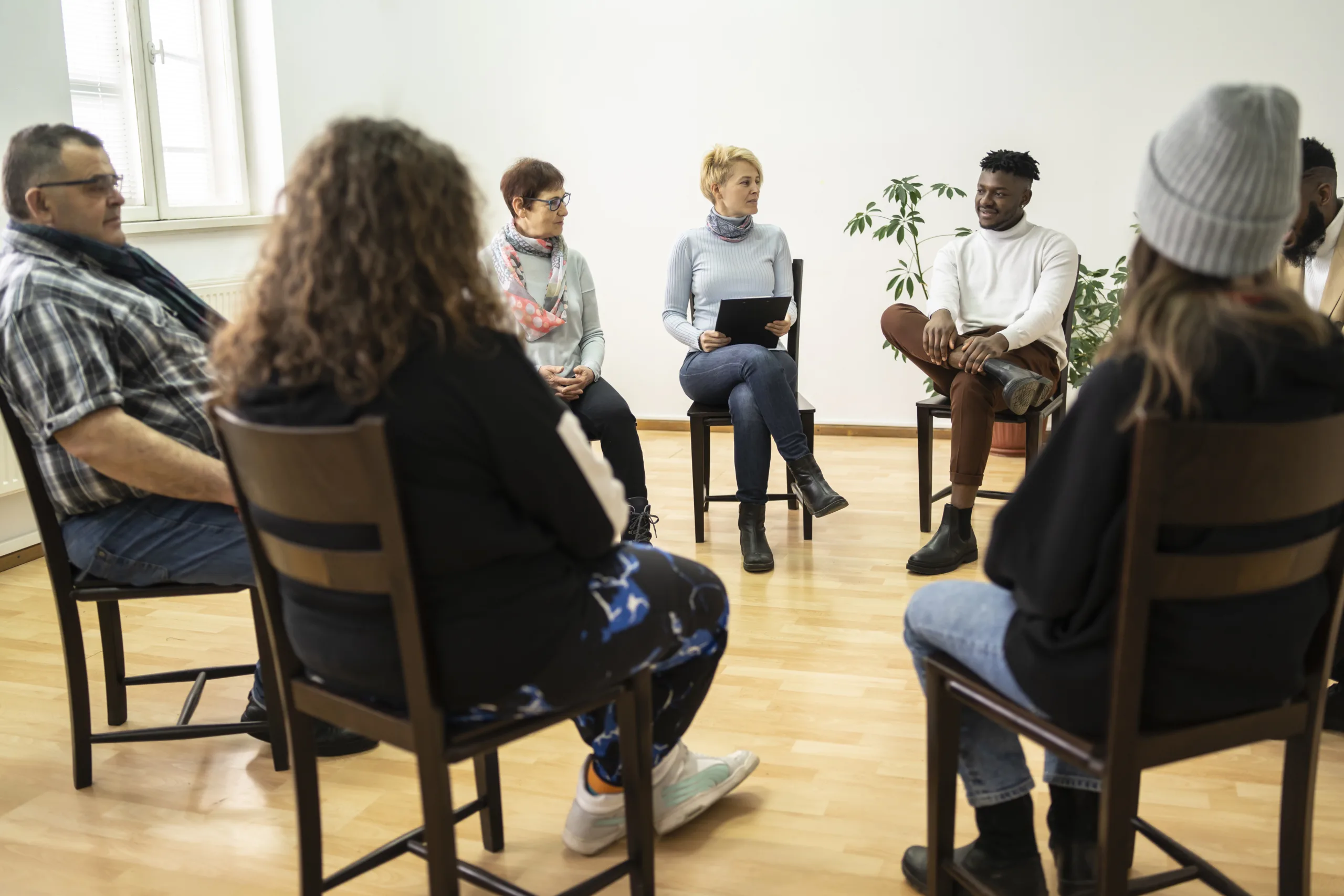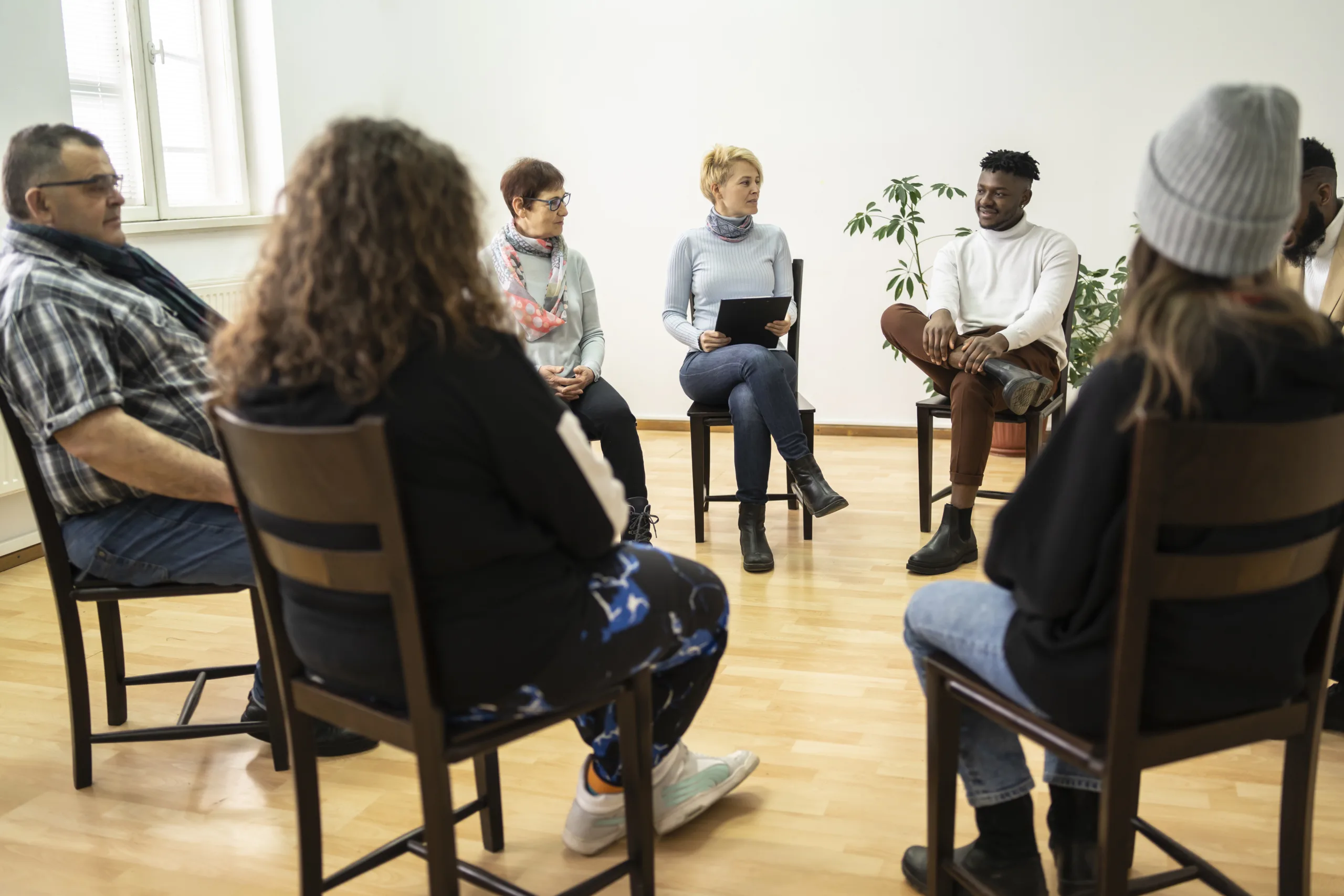24/7 Helpline:
(866) 899-221924/7 Helpline:
(866) 899-2219
Learn more about Aftercare Support centers in Lodi

Other Insurance Options

Self-pay options

Anthem

CareFirst

AllWell

EmblemHealth

Absolute Total Care

Premera

Humana

Ceridian

Ambetter

BlueShield

MVP Healthcare

Health Choice

Evernorth

Medical Mutual of Ohio

Kaiser Permanente

Regence

Lucent

Highmark

Access to Recovery (ATR) Voucher














